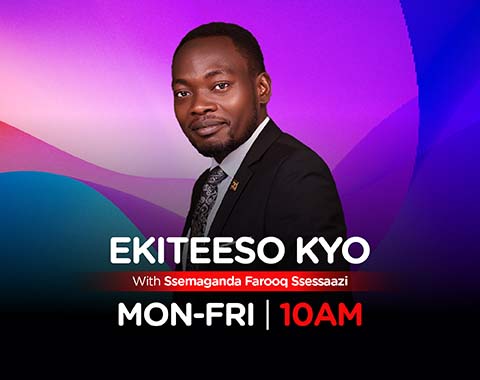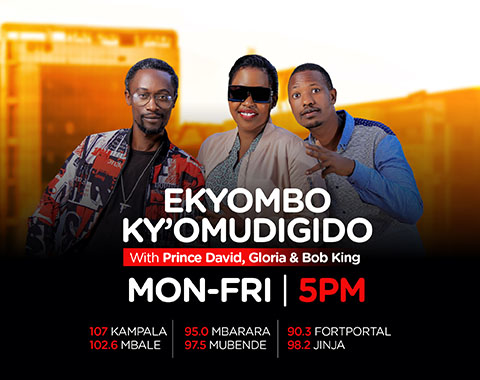The selection of Mbale as a site for the zoo was based on its strategic proximity, accessibility, and catchment area, which includes nearly 20 districts in Eastern Uganda and parts of Western Kenya. According to officials, the zoo is expected to attract both rural and urban populations while addressing conservation threats to wildlife species.
Mr. David Musigo, Director of Satellite Zoos at the Uganda Wildlife Authority (UWA), reported that construction began on ,May 24, 2024, and is 95% complete , with the first phase expected to be finalized by , June 30, 2025. So far, UGX 5.4 billion out of the allocated UGX 6.5 billion, has been utilized, but additional funds are needed to introduce rare animals such as tigers and complete remaining works. During the inspection, MPs toured key sections of the zoo, including, Perimeter Wall, A critical structure ensuring the safety of animals and visitors., Lion Enclosure, Built with high-security fencing to prevent escapes, with strict feeding protocols for worker safety, Bird Enclosures & Zebra Habitats, Already completed and ready to house animals.
In the first phase, the zoo will host fewer than 10 lions, with plans to expand animal diversity in subsequent phases. However, Musigo emphasized the need for more funding to bring in rare species that could enhance tourism appeal.
Several MPs expressed satisfaction with the progress, praising the project’s value for money.Hon. Karim Masaba , the Mbale Municipality MP, urged the zoo’s management to ensure that 70% of the workforce is sourced from the Elgon region.
“If our people are employed here, they will take ownership of the project and safeguard it as their own,” Masaba stated, highlighting potential benefits such as job creation and local supply opportunities.
Hon. Awor Betty Engola commended the work done but raised concerns over water-logging in some sections , urging contractors to address the issue promptly.
Dr. James Musiguzi, Executive Director of UWA , revealed that tourism remains a major revenue earner for Uganda, he added on that Tourism is one of the most critical sectors in Uganda’s economy, contributing significantly to employment, foreign exchange earnings, and infrastructure development, Tourism is Uganda’s top foreign exchange earner, surpassing traditional exports like coffee, tea, and gold., Before COVID-19 (2019), tourism generated over $1.6 billion, accounting for about 7.7% of Uganda’s GDP.
The project faced initial resistance from locals who feared the animals would pose a danger. However, after extensive ,community sensitization, residents embraced the initiative. Heavy rains also caused delays, but contractors assured that the zoo will be fully operational by July 30, 2025, with President Museveni expected to preside over the grand opening.
While Phase One nears completion, Phase Two will require an additional UGX 14 billion to expand facilities and introduce more exotic species. The MPs pledged to advocate for increased funding in Parliament to ensure the project’s success.
As construction enters its final stages, stakeholders remain optimistic that the zoo will become a major attraction, positioning Mbale as a key tourism hub in Eastern Uganda.













